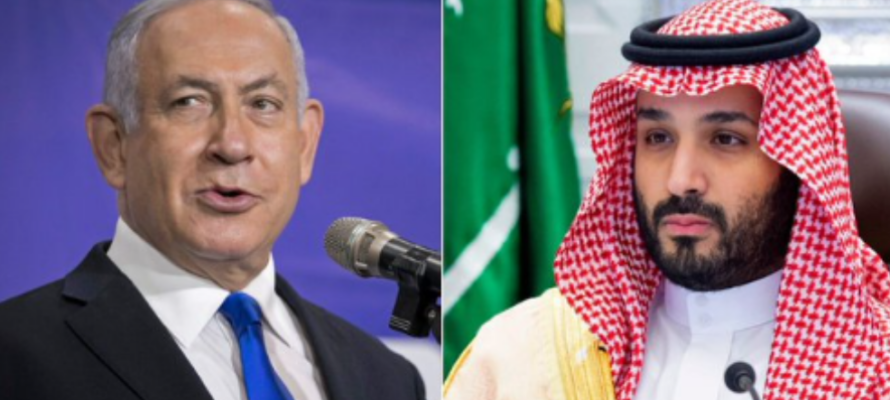Dr. Ofir emphasized that the trend towards normalization between the two countries is a long term one and is going forward.
By Shula Rosen
Israeli Middle East expert Dr. Nurit Ofir said that Saudi-Israel relations are “under very great pressures, but the trend is towards normalization and nothing will stop it.”
Dr. Nurit Ofir is a lecturer in Middle Eastern studies at Reichman University and has collaborated on business and humanitarian projects in the region.
She told The Jerusalem Post that the topic of her dissertation, democratization in the Arab world, is taking place here and now.
“These processes exist, and the trend is very clear. It’s true that it’s taking a lot of time, but we should remember that Europe also took about 400 years to reach current views on pluralism, liberalization, and democratization,” she explained.
She provided examples of how Arab countries, including Saudi Arabia, have gradually developed a more open attitude towards the media and Israel.
Dr Ofir said, “In January 2021, I brought two sports delegations from Israel to Saudi Arabia, which was the first shattering of glass ceilings in terms of Israelis in the country.”
“Such was the case with the Abu Dhabi Rally, which took place even before the Abraham Accords; and since then it has become normal to bring [Israeli sporting delegations into the UAE] with Israeli passports.”
She added, “It turns out that sports are important in processes of normalization.”
When normalization seemed imminent just before Hamas’s invasion on October 7th, Dr. Ofir led an Israeli delegation to a cybersecurity conference in Dammam.
“All these companies openly presented their logos, and I represented them on stage. There were 12 Israelis in total, a beautiful delegation, and it made several headlines,” she added.
“Saudi Arabia has gone through a beautiful process of social pluralism,” Dr. Ofir added.
When asked about the effect October 7th and the ensuing war with Hamas has had on the prospects of normalization with Saudi Arabia, Dr. Ofir responded, “October 7 brought the Gulf countries into a shock.”
“The terrible massacre challenged the perception of Israel’s stability in their eyes,” said Dr. Ofir, however she added that her connections in the Gulf expressed genuine sympathy after the massacre.
Despite recent events, however, Dr. Ofir emphasized that the trend towards normalization between the two countries is long-term and will continue.
“Normalization is a long process that has been happening for 20 years. Interactions and business cooperation between Israel and Saudi Arabia are slowly rising above the radar,” she said.
“In any case, it’s a process that is happening right here and right now. It might take some more time, but I don’t see it stopping,” she added.
